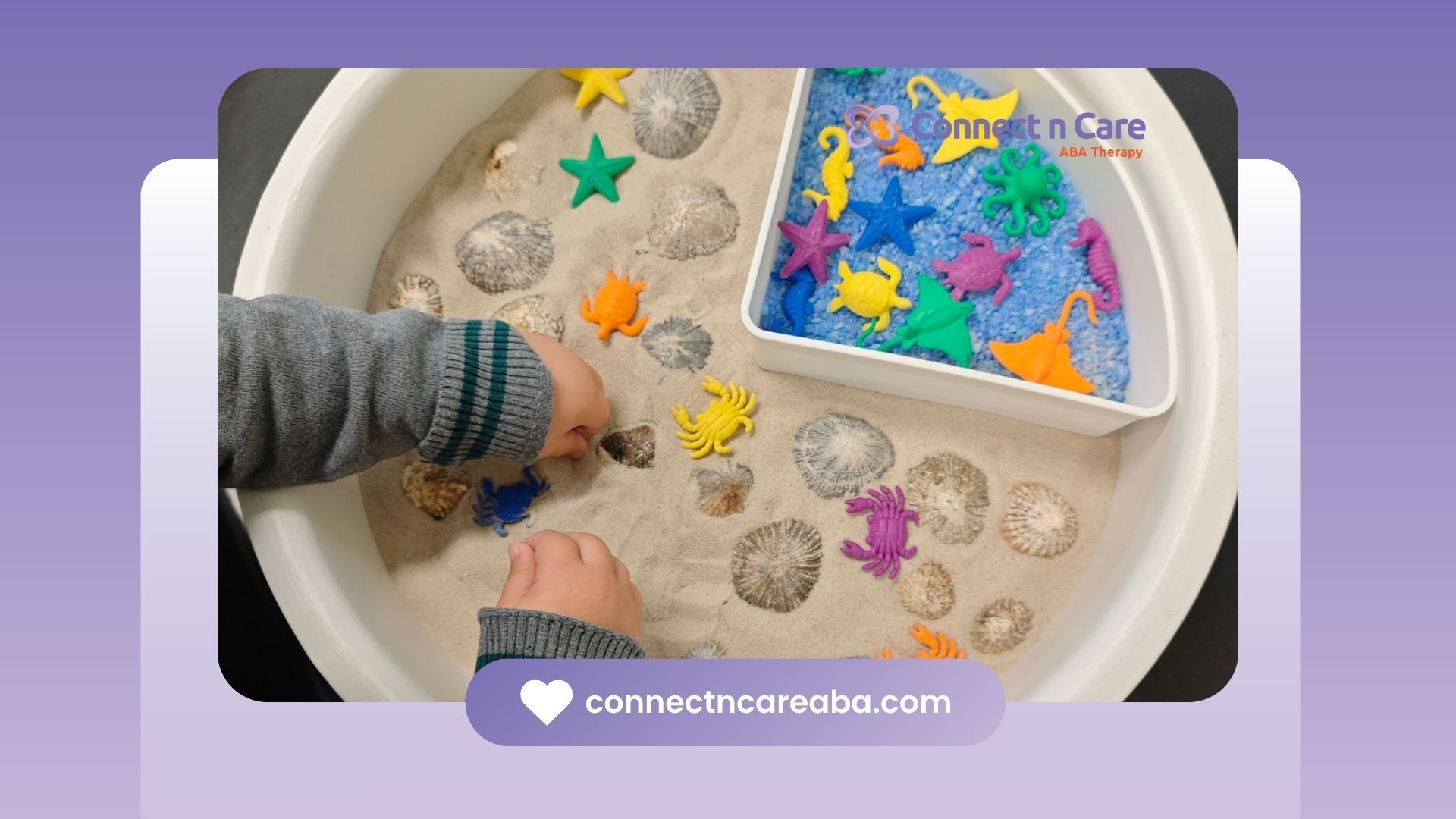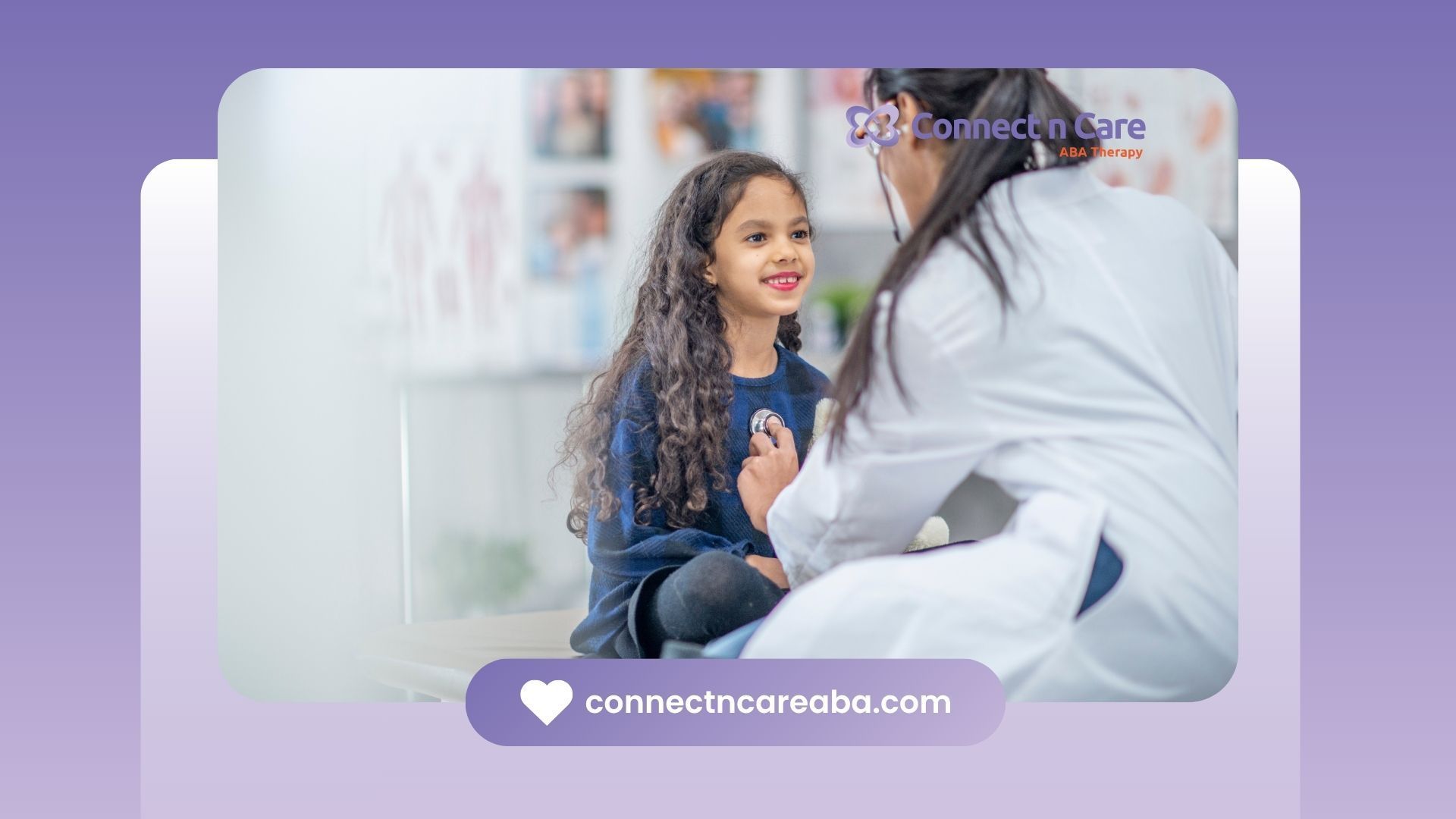Understanding Autism Diagnosis
Grasping the ropes of deciphering autism is a big deal for parents, family, and those who work with folks on the autism spectrum. Getting to know what the DSM-5 says and spotting signs early can really boost the support kids get in North Carolina.
DSM-5 Diagnostic Criteria
The DSM-5 spells out what needs to happen for Autism Spectrum Disorder (ASD) to get a tick. The spotlight's on ongoing hiccups in how someone chats and connects socially, which is the calling card of ASD. Here’s the lowdown:
- Trouble with Social Give-and-Take: Struggles to mingle like others, missing out on shared fun or reacting to a pat on the back.
- Nonverbal Communication Blips: Hard time getting or using nonverbal stuff like gestures, facial expressions, or eye gazes.
- Relationship Building Issues: Failing to switch up behavior for different folks, making pals, or showing any real interest in the folks in their world.
Early Signs and What They Mean
Spotting autism early can seriously change the game for what help's out there for the little ones. Studies show a bump up in spotting ASD lately. Kids born in 2012 were tagged more often by age 4 than the crew from 2008. The numbers show more kids get an early ID by age 4 compared to age 8 in the same spots.
The age when ASD is given a name depends on what behaviors are seen. For example:
| Number of Behavioral Features | Median Age at Identification (Years) |
|---|---|
| 7 | 8.2 |
| 12 | 3.8 |
Certain behaviors can fast-track getting a diagnosis. Stuff like struggles with nonverbal cues, playing pretend, sticking to rules, and repeat movements push for an early call. On the flip side, having a hard time with peer relations, keeping a convo going, and quirky speech often mean a later ID.
Families looking to lend a hand to their child should stay in the loop about autism services in North Carolina, and think about suitable autism therapy in North Carolina to kickstart helping early on.
Autism Diagnosis Procedures in North Carolina
Figuring out how autism diagnosis works in North Carolina helps families support their kids with Autism Spectrum Disorder (ASD). Here's a breakdown of the services available for diagnosing both kids and adults.
Diagnosis Services for Children
When it comes to figuring out if a child in North Carolina has ASD, it's a process that checks out their behavior, communication, and how they get along with others. This means chatting with folks, observing, running some assessments, and getting insights from parents and teachers.
For the kiddos, here's how the diagnosis services are sorted:
| Age Group | Contact Information | What's It All About? |
|---|---|---|
| Birth to 3 years | North Carolina Infant-Toddler Program | They'll point you to the Children's Developmental Service Agencies (CDSAs) in your county. |
| 3 to 5 years | Preschool Services in the local county | They see if early intervention services are necessary. |
| Kindergarten to 12th | Local school district | You can ask the school to check if your child needs an evaluation. |
| All ages | UNC TEACCH Autism Program | Their team, trained in autism assessment, handles diagnostic evaluations. |
Diagnosis Services for Adults
For the grown-ups in North Carolina who want to get checked for autism, the journey usually kicks off with a visit to their regular doctor. From there, they might get sent to see a psychiatrist or psychologist for a deeper dive.
Adults can also get thorough assessments at the UNC TEACCH Autism Program.
| Age Group | Contact Information | What's the Deal? |
|---|---|---|
| 18 years and older | Primary Care Physician | Start here to get a referral for further assessment. |
| All adults | UNC TEACCH Autism Program | They offer clinical services, which include diagnostic assessments for adults. |
It's essential for anyone, no matter their age, looking for an autism diagnosis in North Carolina to recognize just how important it is to get a thorough and precise evaluation. Usually, a team full of pros will take a look at what's going on in terms of communication, behavior, and growth history. By piecing all this together, they get a full picture of what's needed, opening up the right kind of support and services.
Child Support Services in North Carolina
Finding support for children with autism in North Carolina boils down to a blend of government-aided programs and private insurance coverage. These services pack a punch in the way they affect the lives of children with Autism Spectrum Disorder (ASD) and their families.
Government-funded Programs
In North Carolina, government-aided programs are like a lifeline for families of kids with autism. Thanks to the Centers for Medicare and Medicaid Services (CMS), each state must cover ASD therapies for kids under 21 who have Medicaid. This is through the Early and Periodic Screening, Diagnostic and Treatment (EPSDT) benefit, assuming the services are a medical must.
On top of that, the state Health Plan for employees and teachers pitches in, covering autism services up to $36,000 yearly. This shot in the arm helps families get their hands on crucial therapies and services needed for their kiddos.
| Program | Coverage Limit |
|---|---|
| Medicaid (EPSDT for children) | Medically necessary services |
| State Health Plan for employees | Up to $36,000 annually |
Private Insurance Coverage
Private insurance is a big player in supporting kids with autism in North Carolina. State laws have their back, making sure private companies dish out coverage for autism services up to the age of 18. In 2017, the cap on coverage was $40,000 a year, tweaked each March based on the consumer price index.
Moreover, as of July 1, 2016,
certain North Carolina health insurance plans have to cover autism treatments like Applied Behavior Analysis (ABA) and other evidence-based methods for dependents up to 18. The rule covers big-group plans, grandfathered plans, and transitional plans, with an annual limit for behavioral services at $40,000.
| Insurance Type | Coverage Limit |
|---|---|
| Private Insurance (aged ≤ 18) | Up to $40,000 annually |
| Health Plans (under NC law) | Up to $40,000 annually |
All in all, families hunting for autism-related support services in North Carolina have options through both government and private routes to ease the money crunch tied to essential therapies and services. You can dig deeper into services available by checking out sections about autism services in North Carolina and autism therapy North Carolina.
Support Organizations in North Carolina
North Carolina isn't just about sweet tea and basketball; it's also home to some top-notch support for folks dealing with autism. If you're feeling a bit lost with an autism diagnosis, the TEACCH Autism Program and the Autism Society of North Carolina have your back—big time.
TEACCH Autism Program
Think of the TEACCH Autism Program as a friendly guide for those on the autism journey. They roll out a red carpet of services like:
- Kicking off with a referral and chit-chat
- Running diagnostic checks
- Family sit-downs to hash out plans
- Parent huddles for moral support
- Fun social and playtimes
- A pep talk for individuals flying solo
- Job help for making those dollar bills
They're not just bossing it up in the Carolinas; they're taking this show on the road and sharing their smarts all over the globe with teachers, care providers, and more. Curious minds can hop over to the TEACCH Autism Program site to dive deep.
Autism Society of North Carolina
Cue the Autism Society of North Carolina, stepping up to the plate for individuals with autism and cheering on their families. They're all about shaking up the system for the better, spreading the word, and serving up educational nuggets for both families and the pros out there.
This crew is on a mission to hand individuals with ASD the keys to the kingdom, while providing a cozy safety net for their families. Want the full scoop? Just click over to the Autism Society of North Carolina page.
With these heavyweights on your side, dealing with autism diagnosis in North Carolina doesn’t have to be a solo act. There's a wealth of resources waiting to be tapped into, ready to support and guide the journey ahead.
Behavioral Therapy Options
Behavioral therapy plays a big role in helping kids with autism. This section breaks down two popular therapy styles available in North Carolina: Applied Behavior Analysis (ABA) and the services from Hopebridge.
Applied Behavior Analysis (ABA)
Applied Behavior Analysis (ABA) is pretty popular and is praised for helping kids with autism. It uses strategies that build on behavior fundamentals to encourage better behaviors. Big names like the U.S. Surgeon General and the American Academy of Pediatrics say ABA is top-notch due to its success. Studies say 40% of kids in ABA therapy show improvement, and 47% learn to function better in different areas of life.
ABA programs are all about personalizing plans to tackle each child's specific needs. These programs usually mean one-on-one time with trained experts, crafted to fit what each kid needs. You can hunt down ABA services offered by both public and private autism services in North Carolina. To learn more about these services, check out our article on autism services in North Carolina.
| Key Features of ABA Therapy | Benefits |
|---|---|
| Custom treatment plans | Strategies that fit each child |
| Focused on positive reinforcement | Boosts desired behaviors |
| Numbers-driven approach | Tracks progress and tweaks methods |
Connect n Care ABA in North Carolina
Connect n Care ABA shines as a key player in autism therapy services in North Carolina, with a focus on Applied Behavior Analysis. Their mission is to provide well-rounded care to boost the quality of life for children with autism. Connect n Care delivers custom programs addressing different parts of child development, touching not just on behavioral interventions but also social skills and communication.
Choosing Connect n Care ABA means you're getting seasoned ABA therapists, a structured learning setup, and a hand for both families and kids. Their programs include regular check-ins to make sure therapy is hitting the target and staying up to date.
For parents opting for local programs, Connect n Care also links you to local support groups and other educational resources. For more on these possibilities, head to our article on autism therapy in North Carolina.
Trying out behavioral therapy options like ABA, families craft a supportive scene where their kids can really flourish.
Addressing Waiting Times for Evaluations
Challenges in Timely Evaluations
In North Carolina, one big challenge for autism diagnosis is the crazy-long wait for evaluations. Families can find themselves stuck on waitlists stretching from a year to a whopping 18 months in public healthcare. These hold-ups make it tough for kids with Autism Spectrum Disorder (ASD) to get the help they need when they need it.
| Type of Service | Average Wait Time --- |
|---|---|
| Public Healthcare System | 12 - 18 months |
| Private Evaluation Services | 3 - 6 months |
As the table shows, private evaluation services often get you in faster, but they come with their own set of hurdles like how much it costs and whether or not you can actually get an appointment.
Importance of Early Intervention
Getting a jump-start on intervention is super important for kids with ASD. Studies have found that kids who get the right services before they turn 5, especially for speech, tend to make more strides. But, the average age for a diagnosis in the public system sticks around 4.5 to 5 years old. This wait can really mess with a kid’s shot at getting crucial services.
When evaluations and interventions happen on time, kids with ASD can really shine. It helps them flourish in all areas of life. As families navigate the maze of autism diagnosis in North Carolina, knowing how vital early steps are can steer them toward getting the right help and resources. For more info about what's available, check out our page on autism services in North Carolina.









